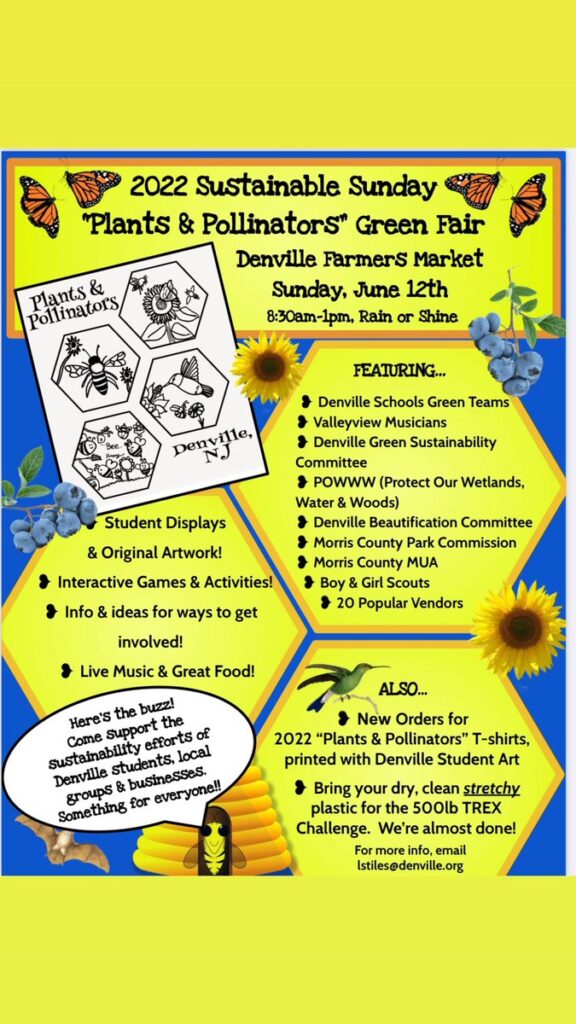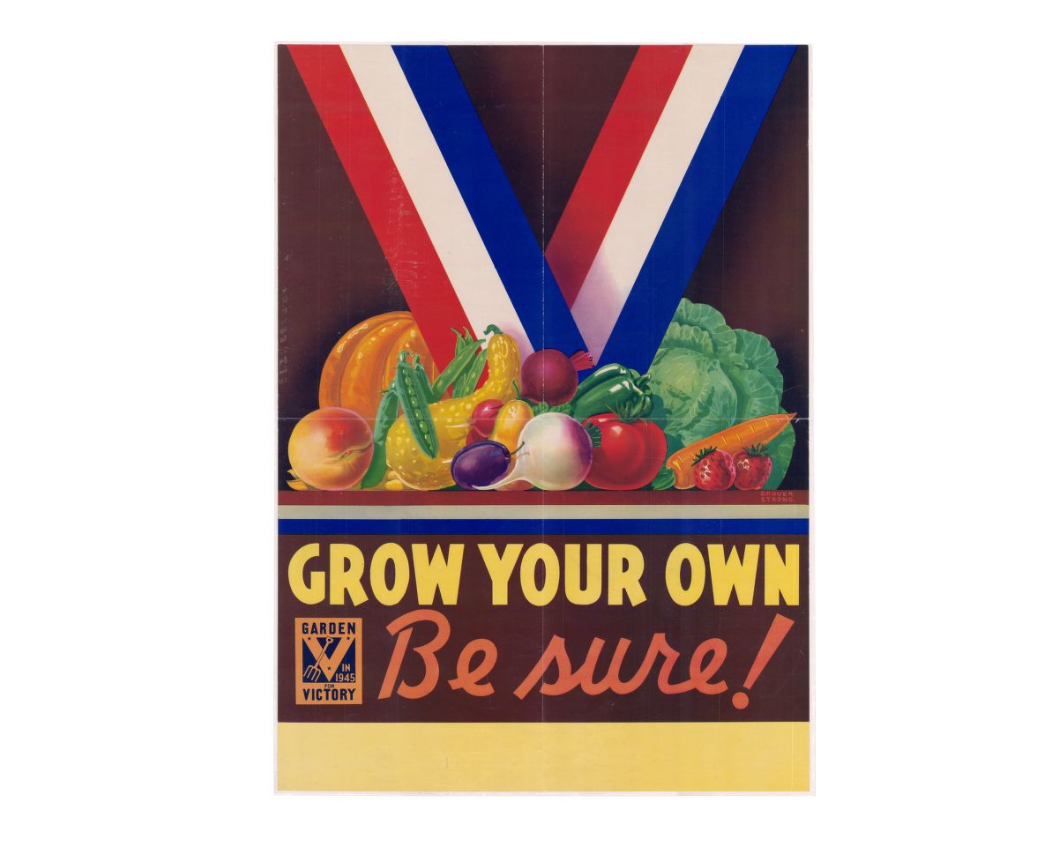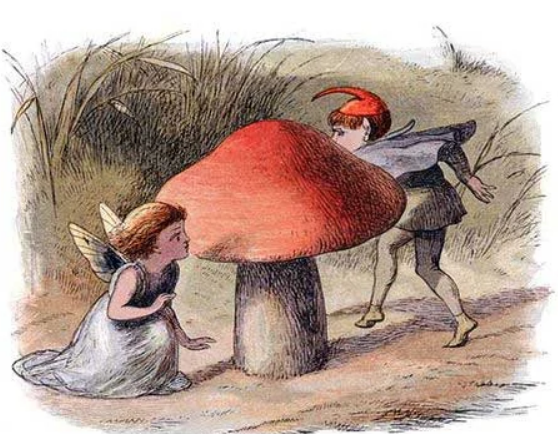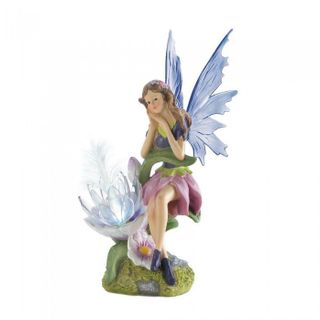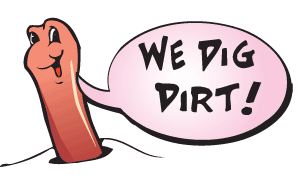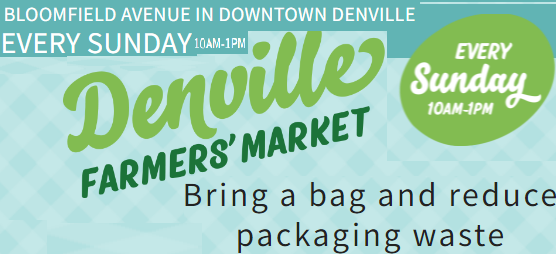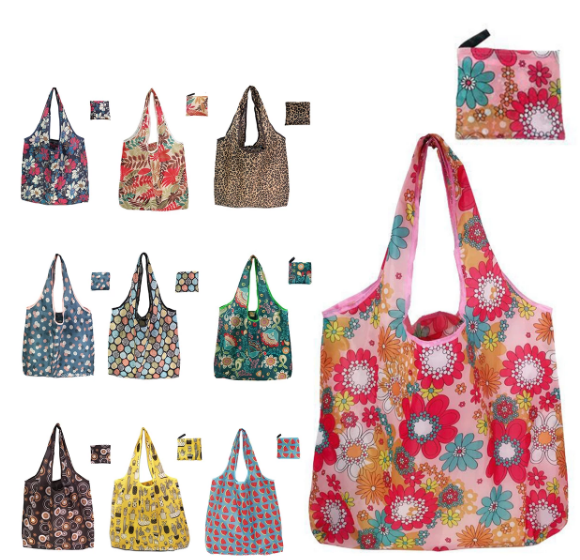Composting for your home garden is highly beneficial.
Composting enriches soil, helps retain moisture and suppress plant diseases and pests.
It also reduces the need for chemical fertilizers. It produces humus, a rich nutrient-filled material that feeds your plants.
All of these items can be added to your composting pile. Keeping these items out of landfills also reduces your carbon footprint!
- Fruits and vegetables
- Eggshells
- Coffee grounds and filters
- Tea bags
- Nut shells (NOT Walnut shells)*
- Shredded newspaper
- Cardboard
- Paper
- Yard trimmings
- Grass clippings
- Houseplants
- Hay and straw
- Leaves
- Sawdust
- Wood chips
- Cotton and Wool Rags
- Hair and fur
- Fireplace ashes
Cover top of compost with a tarp to keep it moist. When the material at the bottom is dark and rich in color, your compost is ready to use. This usually takes anywhere between two months to two years.
*Don’t add Walnut shells, leaves or branches to your compost pile.
The Black Walnut, The Killer Tree
Scientists identified a compound called juglone that is produced by black walnut trees. After conducting a few tests, the scientists demonstrated that injury and sometimes death resulted when the chemical juglone came in contact with a susceptible plant. The symptoms that they noted were yellowing leaves, wilting and eventual death of certain plants.
Want to speed up the composting time? Bring in the experts!
Related:
Indoor Gardening
GROWING AND STORING FRESH PRODUCE
Dwarf Cavendish Banana Plant
Grow Your Own Honeycrisp Apples!
Lavender As A Crop (sprigs!)




